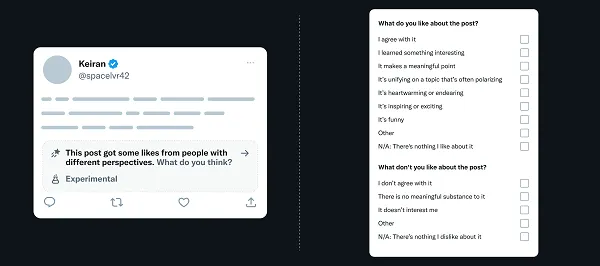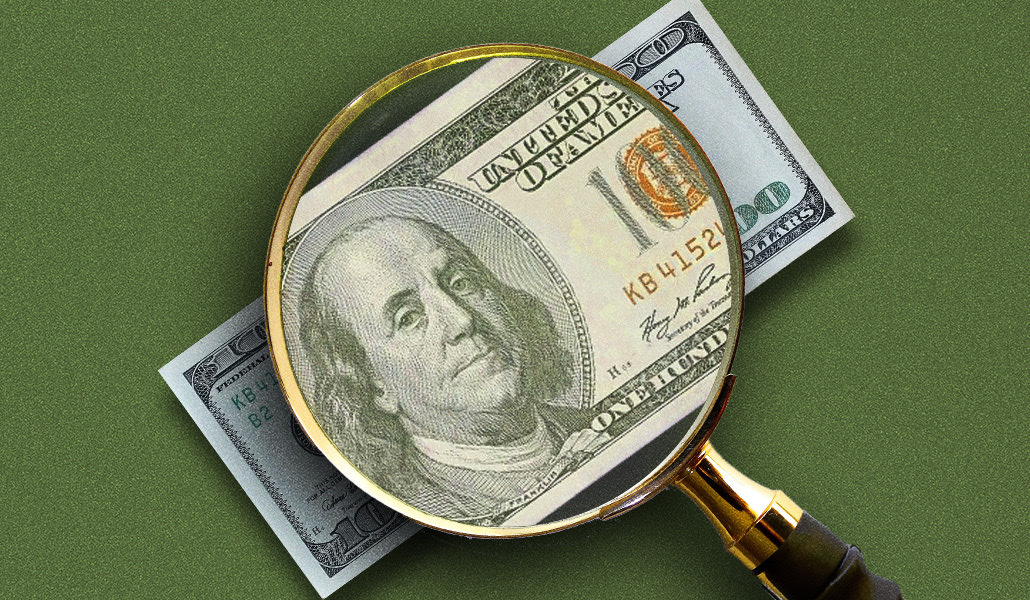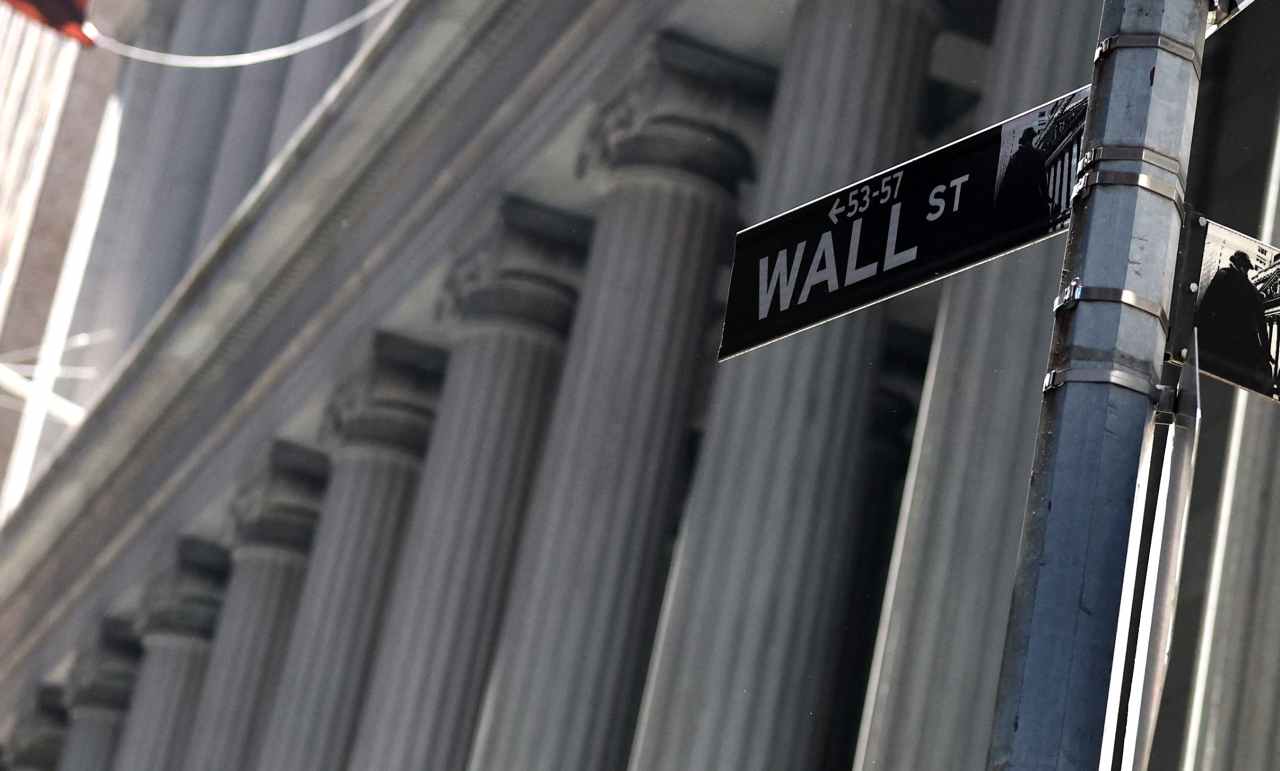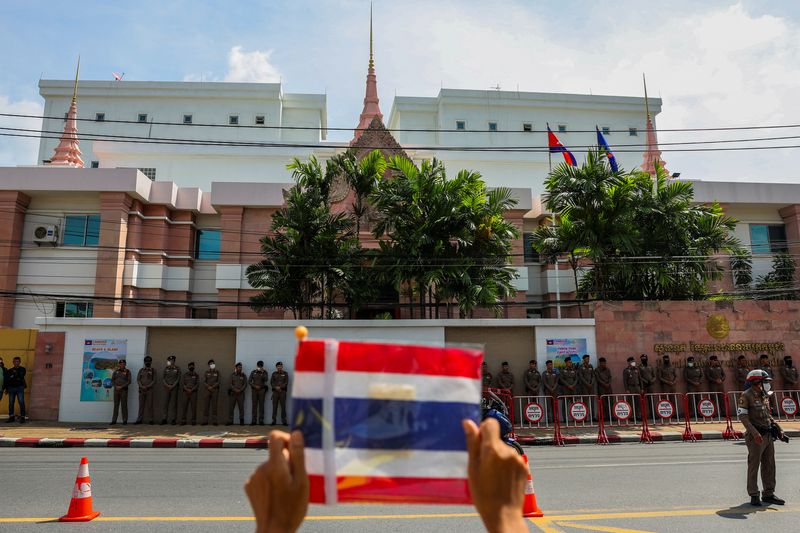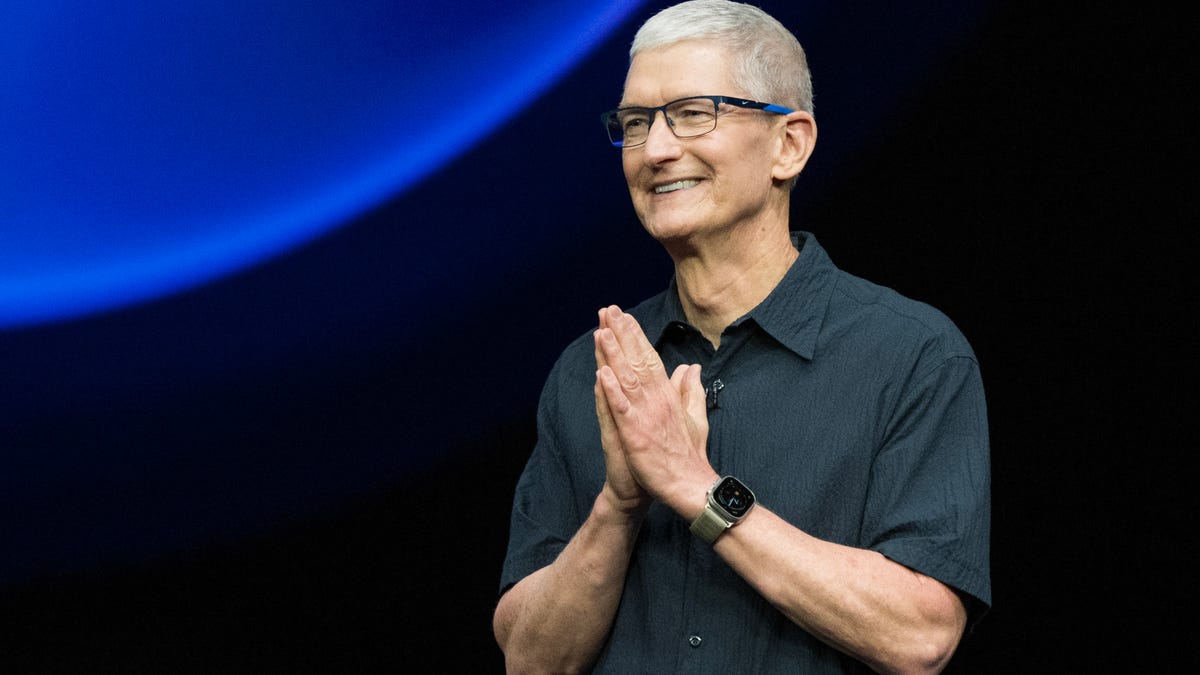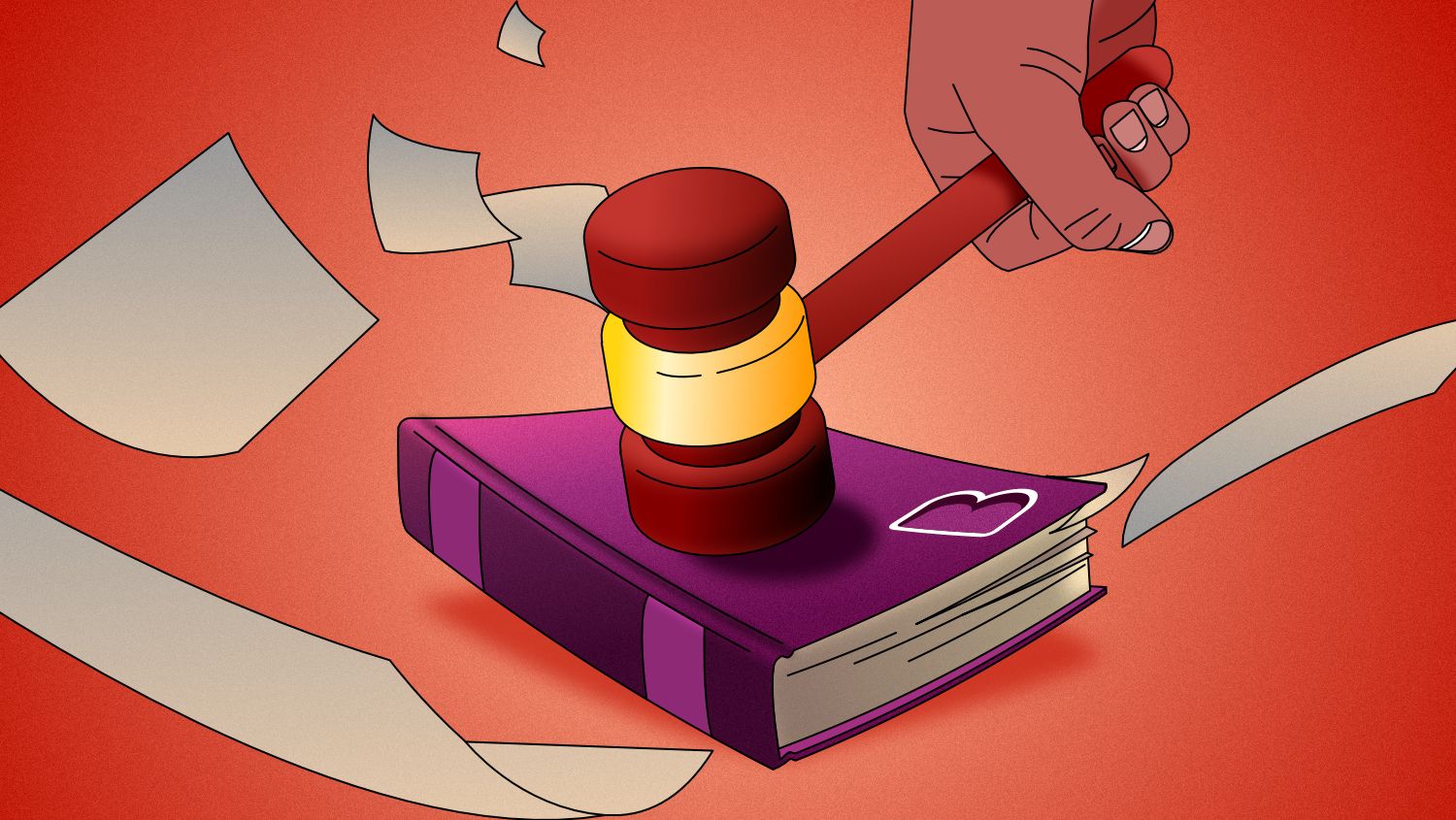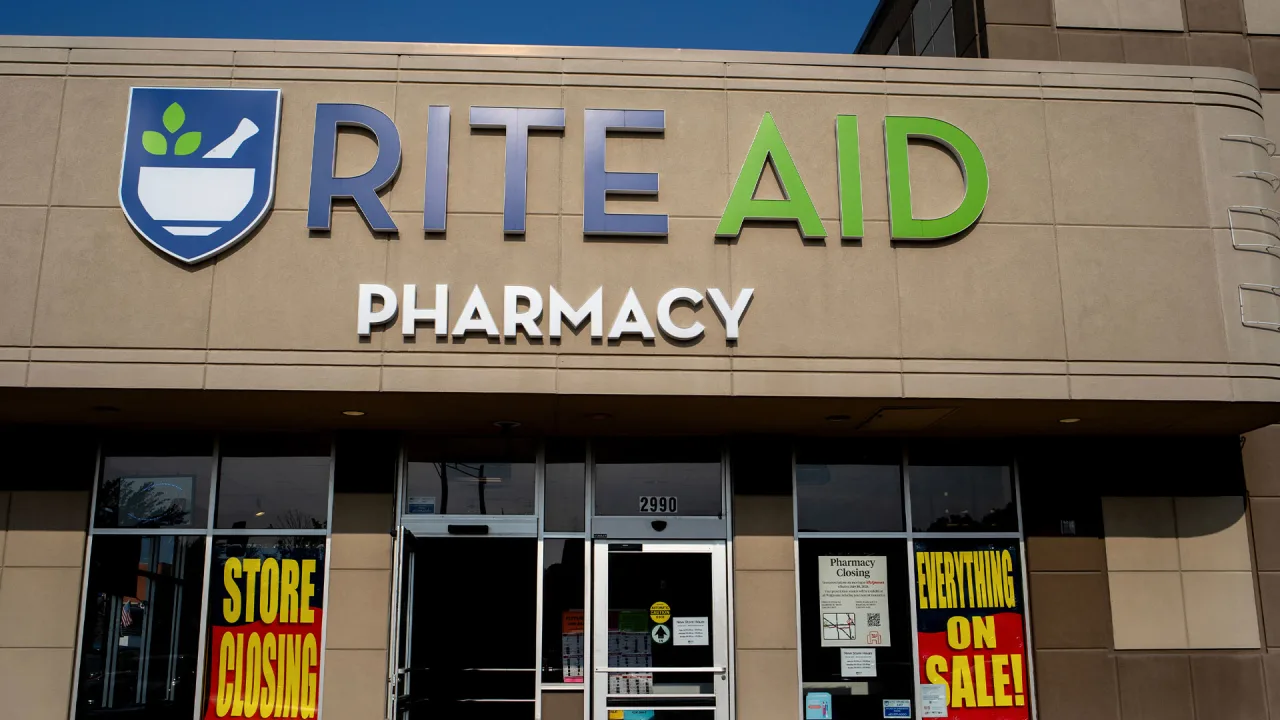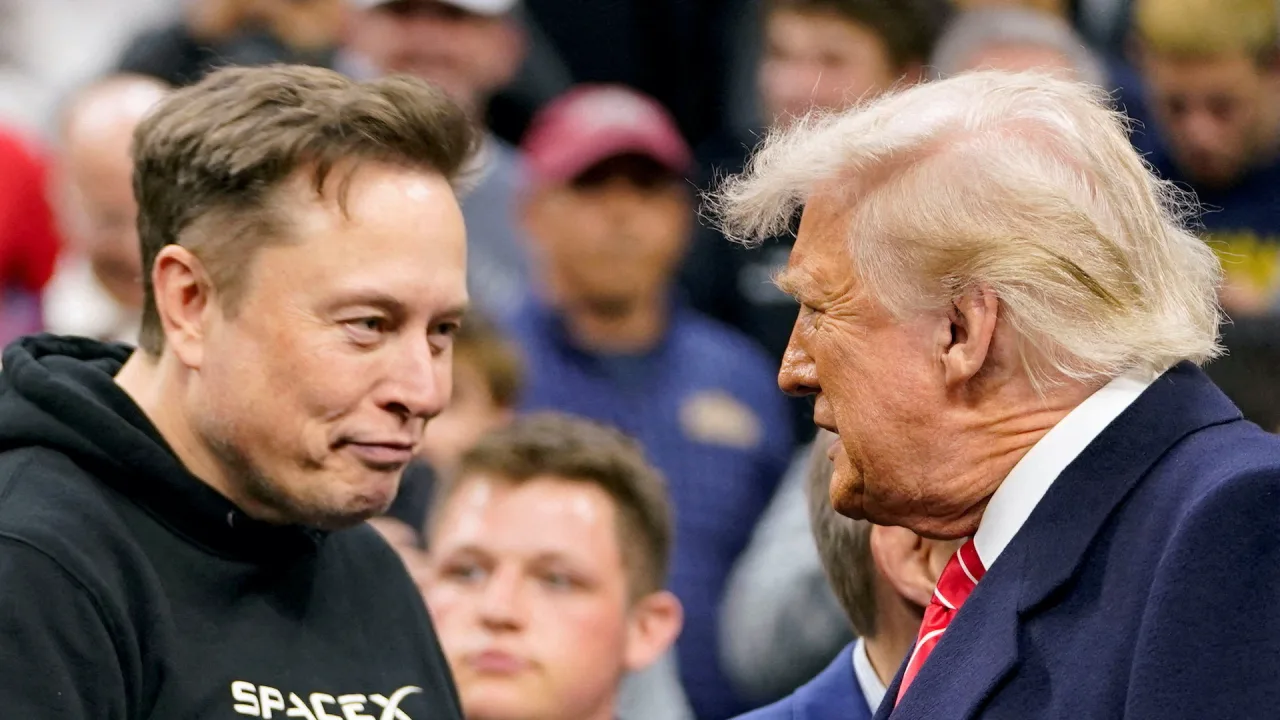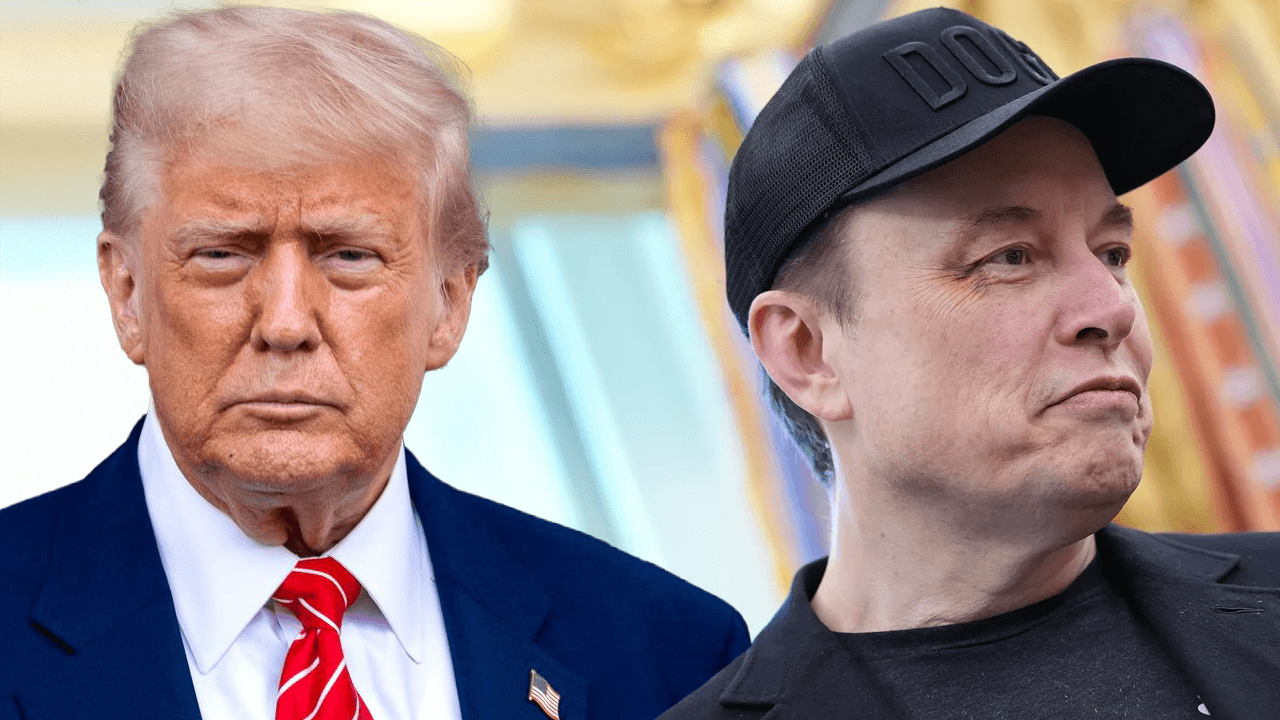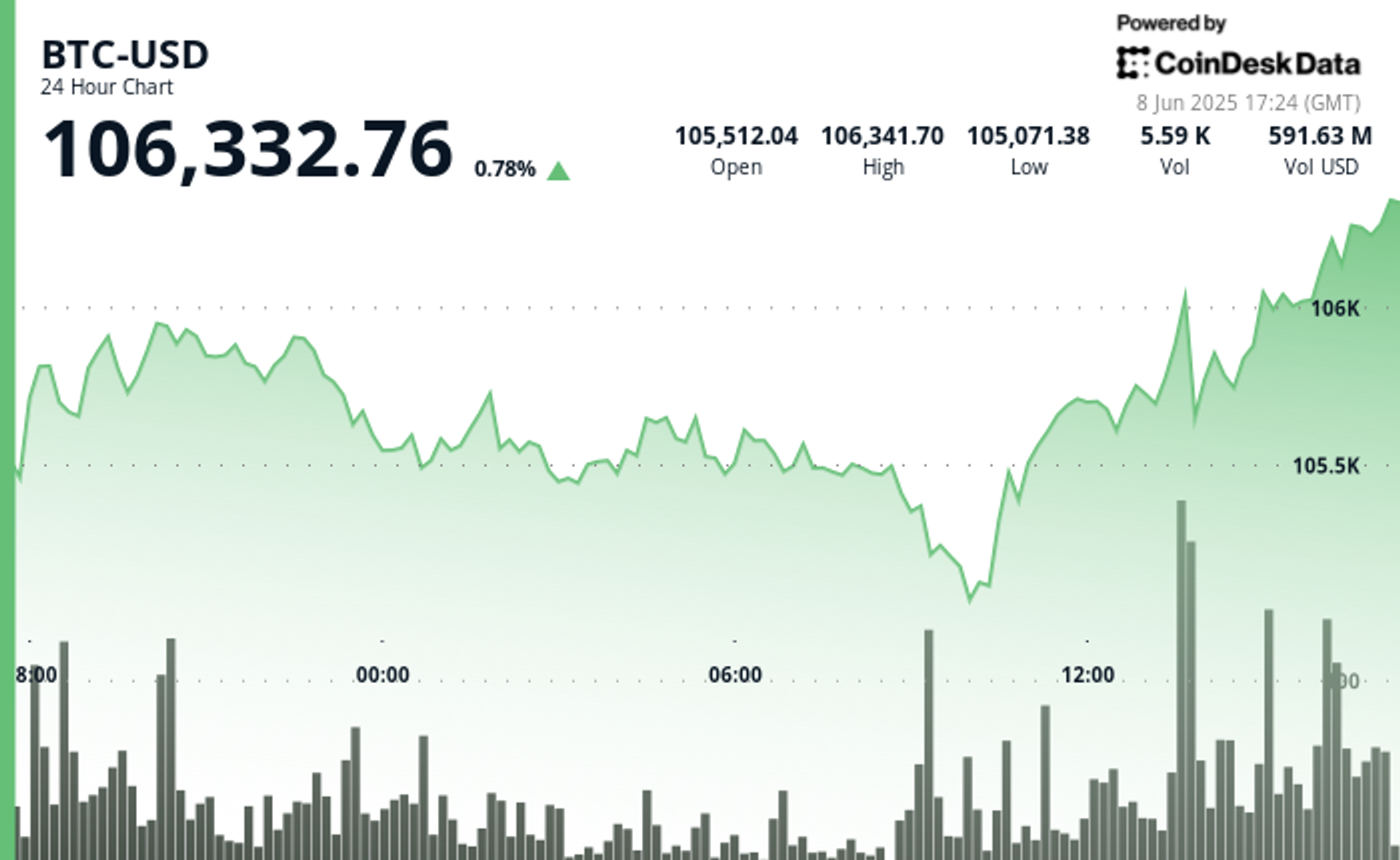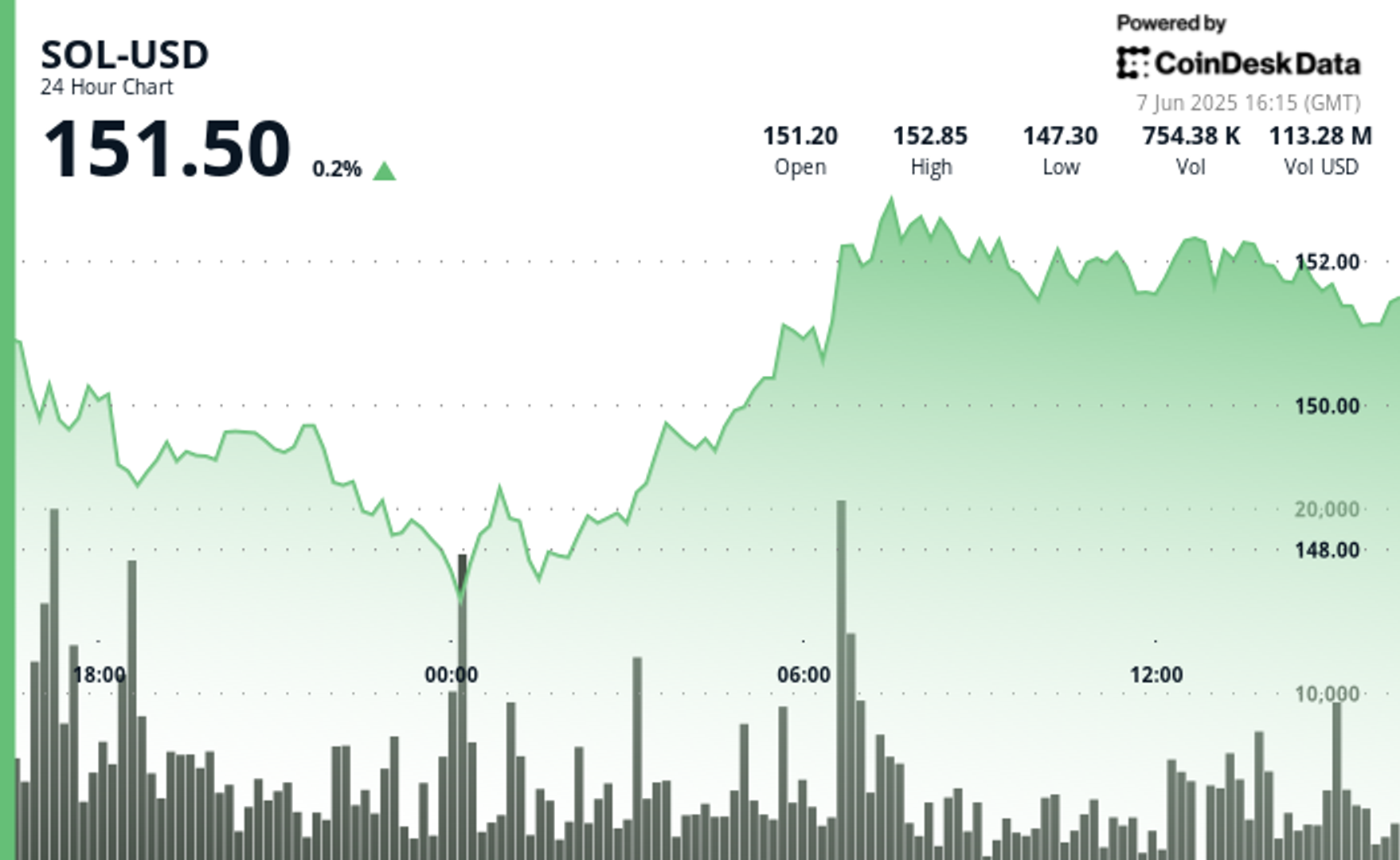From Gold to Bitcoin: U.S. Policy or Prelude to a Modern 6102?
I’m a long-term HODLer, but I try to stay critical—even about Bitcoin’s future. One question I keep coming back to: Why would the US tolerate something it can’t control? My theory/fear is that the US can influence Bitcoin—not directly, but strategically. Here are three plausible long-game plays: A. Soft Power Strategy By hosting much of Bitcoin’s infrastructure (miners, developers, exchanges), the U.S. ensures it operates under U.S. regulation and within the USD-dominated financial system—slowing its evolution into a tool for adversaries. B. Controlled Release Valve Bitcoin can act as a pressure release for capital fleeing weak fiat economies. If that value flows into a system under partial U.S. influence, it helps the U.S. stay relevant in a decentralized future. C. Future Control via Regulation Like the 1933 gold ban, the U.S. could one day outlaw self-custody. It wouldn’t need extreme measures—just regulation and incentives to push BTC into compliant custody (e.g., exchange wallets or Bitcoin-backed USD). Bans on self-custody have already been floated under the guise of AML enforcement. They could justify it by pointing to stories of regular people losing their Bitcoin due to the complexity of managing it. Even though many praise self-custody, it's not easy. And for mass adoption, it would need to be. The government might frame a ban as "protecting citizens." TL;DR: The U.S. might not be losing control—it could be positioning itself to shape Bitcoin's future on its own terms. What are your thoughts on this considering there is historical precedent? submitted by /u/sorthawk [link] [comments]
I’m a long-term HODLer, but I try to stay critical—even about Bitcoin’s future. One question I keep coming back to: Why would the US tolerate something it can’t control?
My theory/fear is that the US can influence Bitcoin—not directly, but strategically. Here are three plausible long-game plays:
A. Soft Power Strategy
By hosting much of Bitcoin’s infrastructure (miners, developers, exchanges), the U.S. ensures it operates under U.S. regulation and within the USD-dominated financial system—slowing its evolution into a tool for adversaries.
B. Controlled Release Valve
Bitcoin can act as a pressure release for capital fleeing weak fiat economies. If that value flows into a system under partial U.S. influence, it helps the U.S. stay relevant in a decentralized future.
C. Future Control via Regulation
Like the 1933 gold ban, the U.S. could one day outlaw self-custody. It wouldn’t need extreme measures—just regulation and incentives to push BTC into compliant custody (e.g., exchange wallets or Bitcoin-backed USD). Bans on self-custody have already been floated under the guise of AML enforcement. They could justify it by pointing to stories of regular people losing their Bitcoin due to the complexity of managing it. Even though many praise self-custody, it's not easy. And for mass adoption, it would need to be. The government might frame a ban as "protecting citizens."
TL;DR: The U.S. might not be losing control—it could be positioning itself to shape Bitcoin's future on its own terms.
What are your thoughts on this considering there is historical precedent?
[link] [comments]




